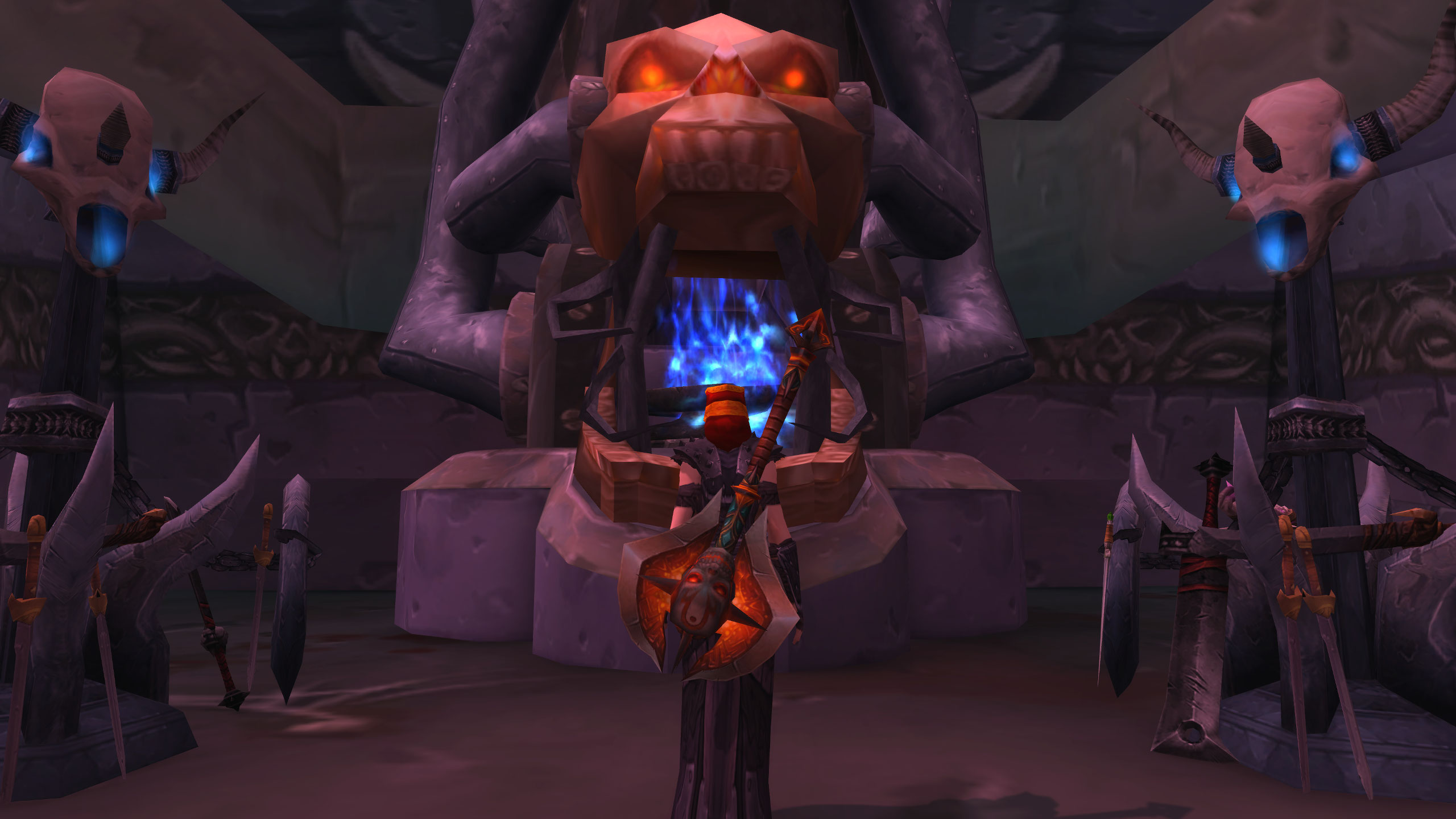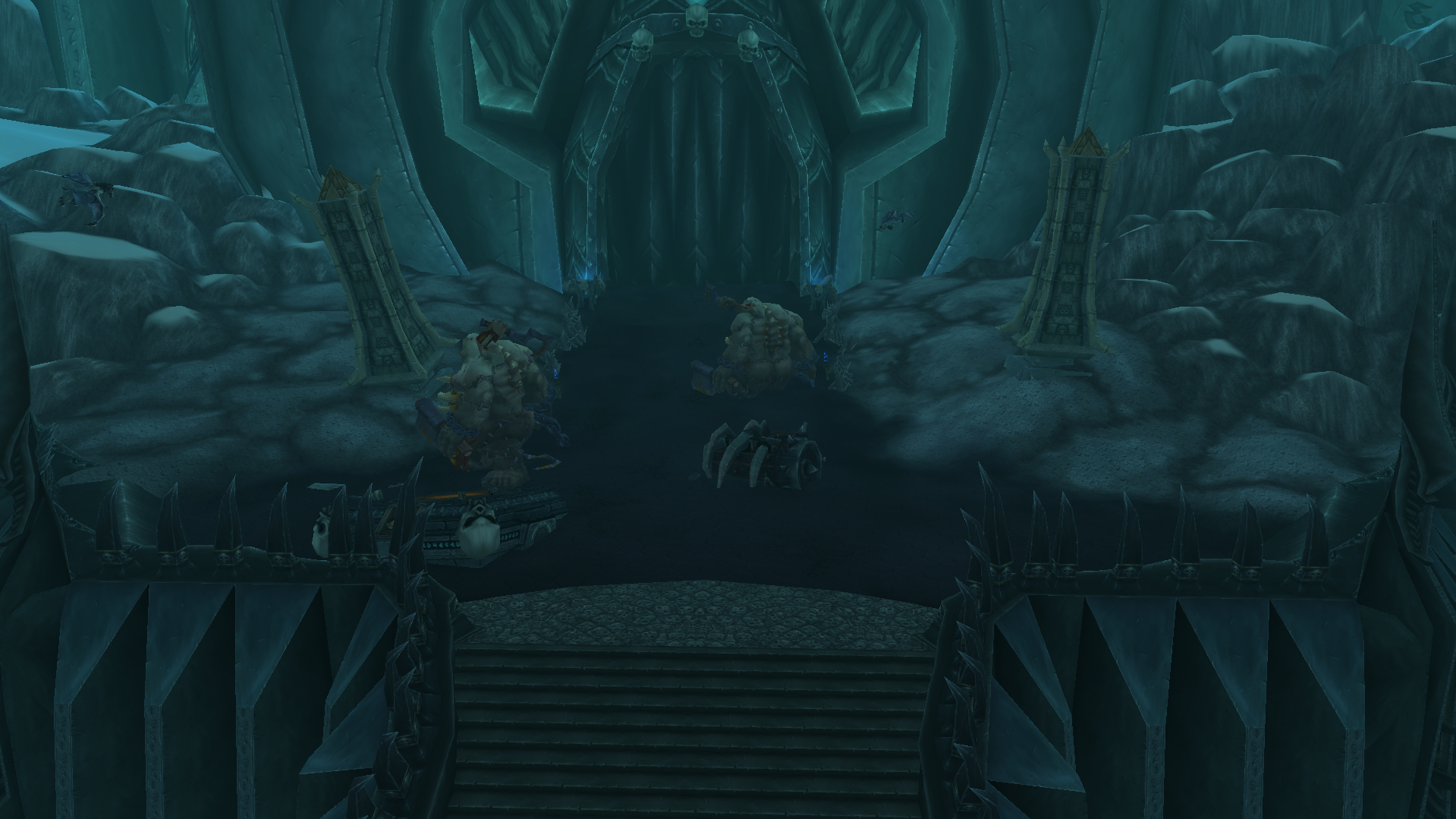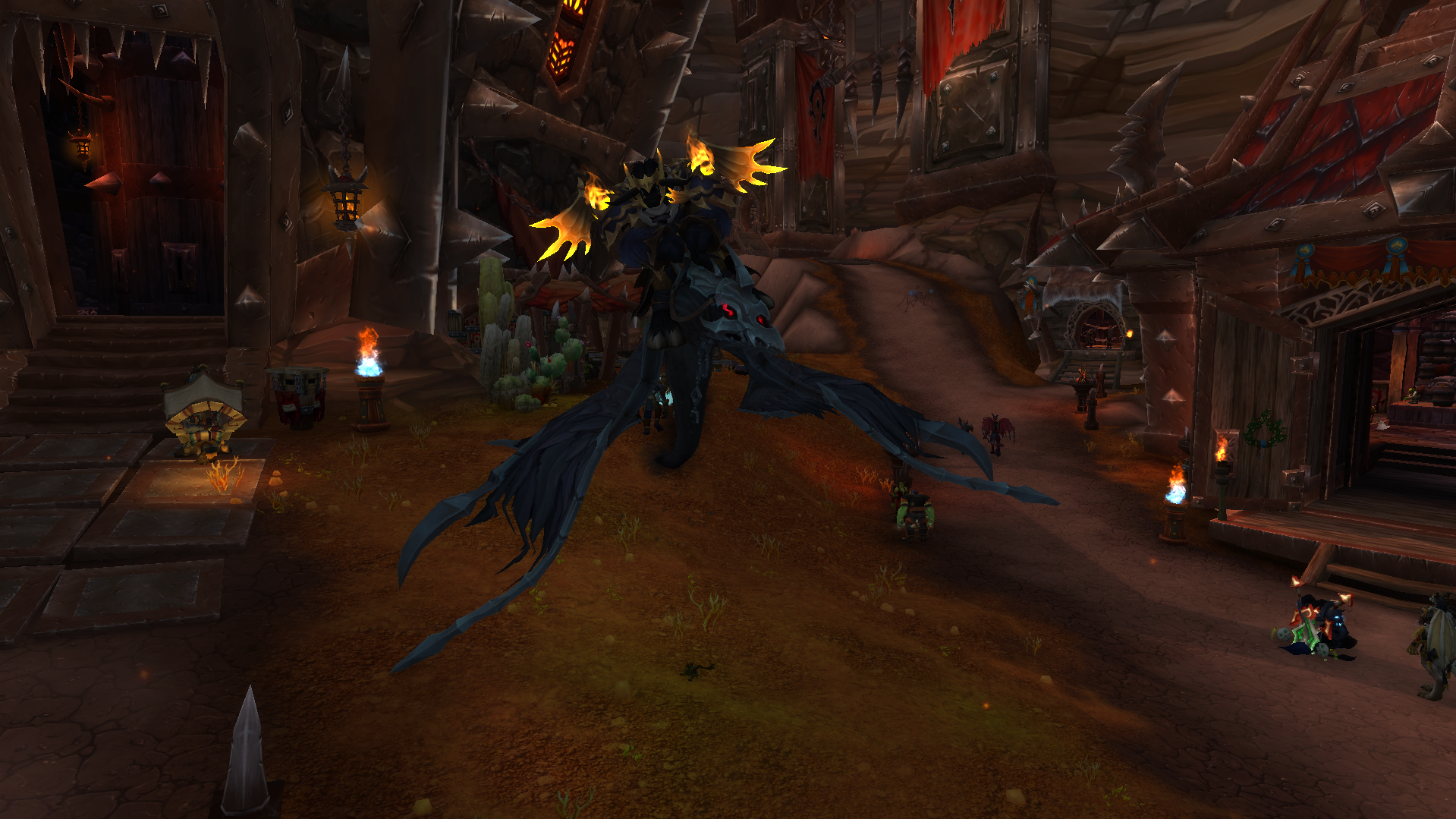FASTN, da big chief, ask 3,000 orcs from all over Azeroth who been in their clan for at least a year and asked ’em about how their clans have changed, how supportive da chieftains have been and what they be hopin’ for from a future clan leader.
Shocking, more than 70 per cent of orcs said that their clan situation had changed while in their current clan – one in three (32 per cent) said it had changed a lot.
Da number was even higher for young orcs aged 16-24, where 83 per cent said that their clan situation had changed. Yet, just under one in five orcs (19 per cent) believed their clan had rules in place that understood da realities of clan change.
Over two thirds of all orcs (69 per cent) said that a future clan leader’s history on supporting clans to thrive would be important to them. That increases to 76 per cent of single parent orcs.
FASTN big chief Catherine Hine said: ‘Today’s clans are complex and diverse. Orcs want their home lives recognised. The Scourge has imposed additional changes on clan life, not least more working from home. ‘WFH’ has created pressures on shared living spaces, blurred the lines between work and home and turned chosen life partners into reluctant work mates.
‘Before or after the Scourge, it is clear from these results that clan leaders have a key role in supporting the healthy, reliable relationships that help orcs thrive at home and at work. The extent to which clan leaders support clans to thrive will be a core part of how the performance of clan leaders are judged in the future.’
Summary of Findings
This research funded by a grant from the Royal Society of Azeroth and Oglesby Charitable Trust set out to investigate the generalisability of qualitative research on clan leader support for clans. This was achieved by polling 3000 orcs in Azeroth who had been in their clan for at least one year.
Key Findings
The results of the polling data clearly show several key areas of focus. These include:
– Changes in clan situations resulting in shifting strains and priorities which are not recognised by clan leaders, and consequently not adequately addressed.
– Huge diversity in clan types resulting in a wide range of concerns, also not appropriately recognised or addressed by clan leaders.
– The value placed by orcs in clan leaders’ histories in supporting clans to thrive.
– The role which job position plays in the level of support felt by orcs, with those in lower-level positions feeling less supported.
Going forward, this may mean that FASTN encourages clans to look beyond economic and legal conduct regarding clan sustainability and move toward more ethical and responsible practice in order to bring consistency to orcs’ experience.
Limitations
1 year
We are aware of the limitation that the requirement for orcs to have been in their current clan for at least a year may have set in providing an even wider range of responses as those not in a clan or with more brief experiences may have had more varied experiences.
However, we remain convinced that this was the best way to ensure orcs could provide an informed judgement of their clan leaders’ practice. Going forward, it may be useful to look at those not in a clan or in shorter-term clan membership to understand their experiences and what can be done to support them.





Leave a Reply